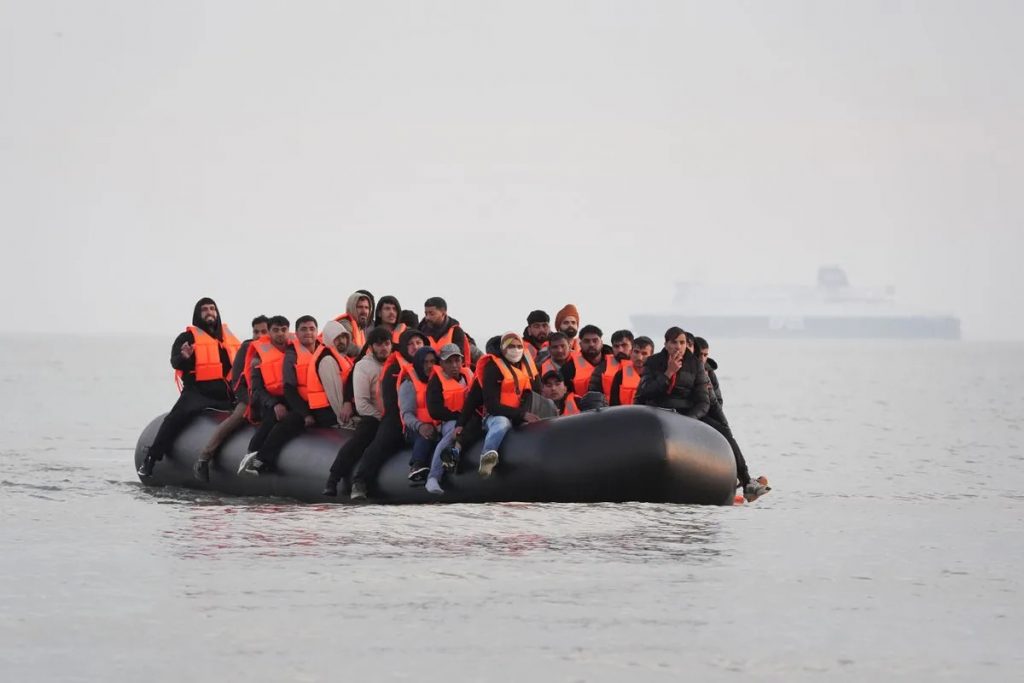The UK government has faced another major setback in its plan to deport migrants under the new “one in, one out” deal with France. For the second time in just two days, a deportation flight left London without carrying any asylum seekers on board. The empty flight, operated by Air France from Heathrow to Paris on Tuesday morning, highlights the growing legal and political difficulties surrounding the policy.
The scheme was designed to send back people who arrived illegally in the UK by crossing the English Channel. However, legal objections have so far blocked every attempt to remove migrants. On Monday, a small group of asylum seekers was taken off the first flight at the last minute after emergency legal challenges were raised. Tuesday’s flight followed the same path, leaving without any deportees on board despite seats being booked in advance by the Home Office.
Prime Minister Keir Starmer’s government has described the plan as a key part of its small boats crackdown. Yet, the repeated failures have raised doubts about whether the policy can be implemented effectively. A spokesman for the Prime Minister said the government would not give a detailed commentary on the scheme’s operations but stressed confidence in its legal foundation. He added that ministers were prepared to respond to any legal challenges that may come.
Justice minister Alex Davies-Jones also defended the government’s position. Speaking on Tuesday, she argued that providing detailed updates would only help people smugglers who profit from Channel crossings. She explained that the government does not want to reveal exact timings for returns, as this information could be used to undermine operations. According to her, deportations “will be happening as soon as possible,” though she refused to give any specific timeline.
Other ministers have also avoided setting out clear details about how many people might be deported under the scheme this week. Reports from France suggest that only a small number of migrants will be accepted initially. While UK ministers insist that deportations will increase over time, the slow start has left the government open to criticism.
Business and trade secretary Kemi Badenoch strongly criticized Labour’s handling of the situation, calling it “extraordinary” that the first flights carried no migrants. She said it showed a lack of control and highlighted that Britain is still receiving migrants from France while none have been sent back under the deal. She argued that this situation is leading to a net increase in immigration instead of the promised reduction.
The political pressure on the government has been made worse by record numbers of arrivals across the Channel. Reports show that the 30,000 mark for small boat arrivals was reached earlier this year than ever before since official records began in 2018. Formal removal notices have already been issued to some of those who crossed the Channel last month, with instructions that they will be deported within five days. Still, with two empty flights already behind them, doubts remain about whether the government can overcome the legal obstacles and make the scheme work in practice.
The “one in, one out” deal with France was meant to balance the numbers, sending migrants back while accepting new arrivals legally from across the Channel. However, with deportation flights leaving empty, the government is facing growing criticism that the plan is failing to deliver its promises. For now, the standoff between policy goals, legal challenges, and political pressure continues, leaving the future of the scheme uncertain.

